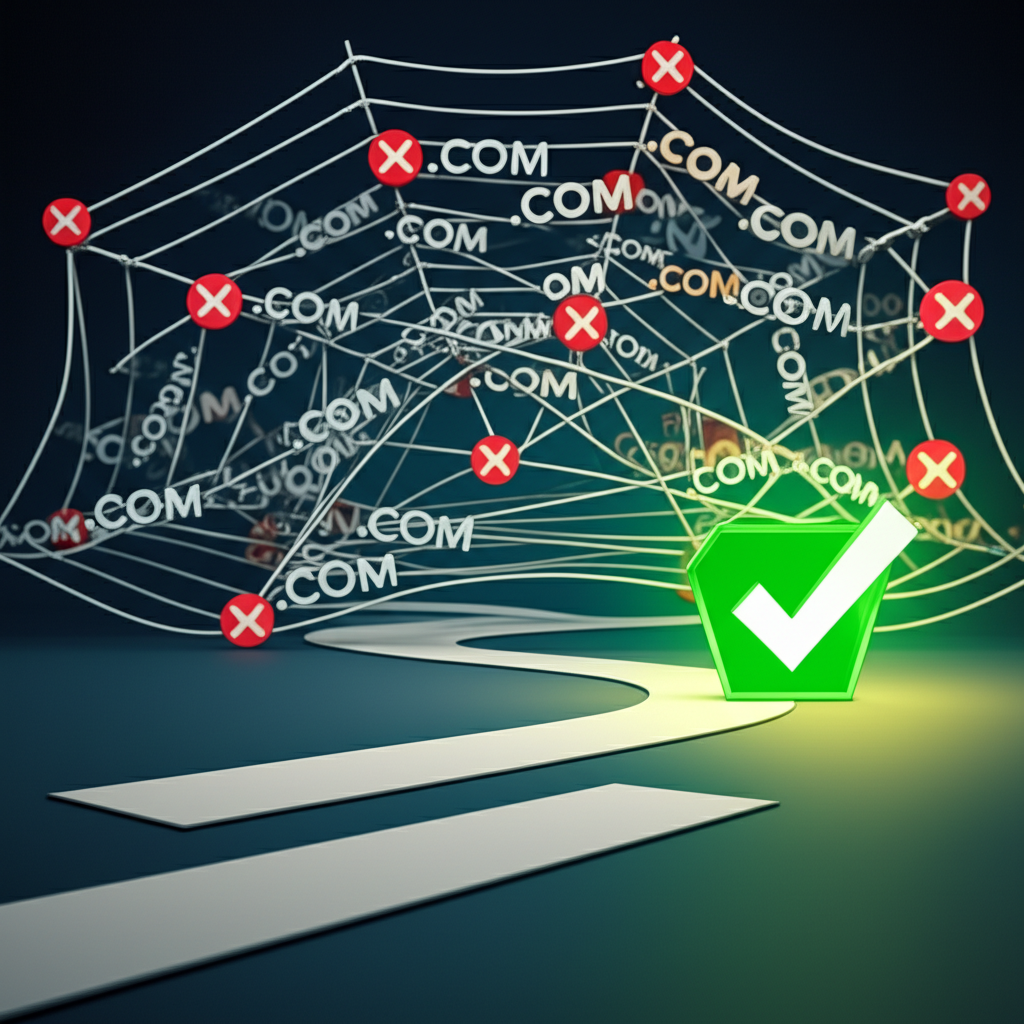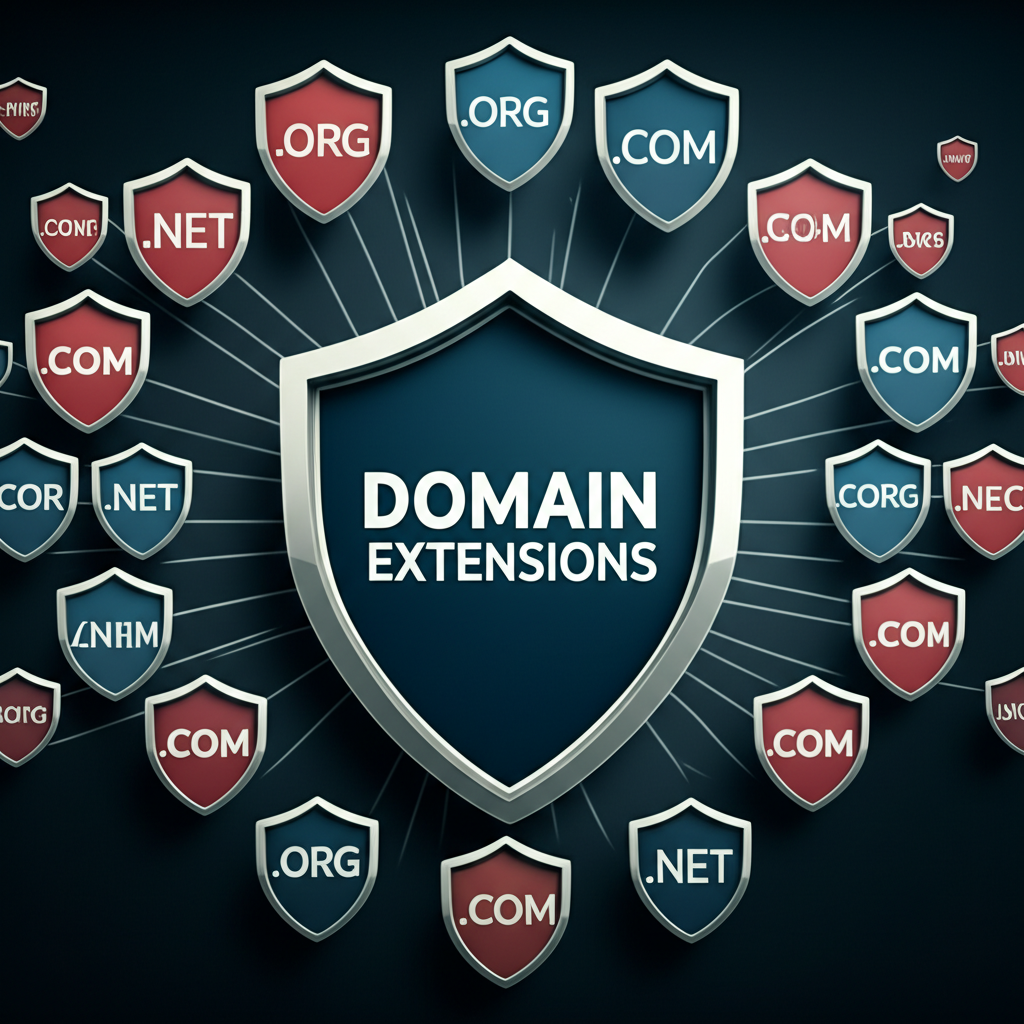- Avoiding Common Domain Buying Mistakes
- Mistake #1: Choosing the Wrong Domain Extension
- Mistake #2: Ignoring Keyword Relevance (Domain Buying Keywords)
- Mistake #3: Overlooking Trademark Infringement
- Mistake #4: Selecting a Difficult-to-Spell or Pronounce Domain Name
- Mistake #5: Neglecting Domain Name Availability Across Social Media Platforms
- Mistake #6: Buying a Domain Name for Too Short a Period
- Mistake #7: Not Considering Future Scalability
- Conclusion: Smart Domain Buying for Long-Term Success
Domain Buying Mistakes: 7 to Avoid for Best Results
Domain buying is a crucial first step for any online venture, from establishing a business website to launching a personal blog. A well-chosen domain name can significantly impact your online presence, brand recognition, and even search engine rankings. However, the process of securing the perfect domain is often fraught with potential pitfalls. Making the wrong choices can lead to future headaches, hinder your growth, and potentially cost you significant time and money. This article will highlight seven common domain buying mistakes to avoid, ensuring you secure a domain that sets you up for success.
Avoiding Common Domain Buying Mistakes

Choosing a domain name seems simple enough, but overlooking key details can lead to regrettable outcomes. By understanding these common errors, you can make informed decisions and secure a domain that works for you in the long run.
Mistake #1: Choosing the Wrong Domain Extension
While `.com` remains the king of domain extensions, it might not always be the best fit for your specific needs. Consider your target audience and the nature of your website. If you are targeting a specific country, a country code top-level domain (ccTLD) like `.uk` or `.ca` might be more appropriate. Similarly, if you represent a non-profit organization, `.org` might be a better choice. Blindly opting for `.com` just because it’s popular can limit your reach and confuse your audience.
Mistake #2: Ignoring Keyword Relevance (Domain Buying Keywords)
While exact match domains are no longer the SEO powerhouse they once were, incorporating relevant keywords into your domain name can still be beneficial. Domain buying keywords should reflect the core themes of your website and help potential visitors quickly understand what you offer. For example, if you sell handmade jewelry, a domain name like `handcraftedjewelry.com` or `artisanjewelrydesigns.com` can be more impactful than a generic name like `janescreations.com`. This targeted approach assists both users and search engines understand the website’s topic.
Mistake #3: Overlooking Trademark Infringement
Before settling on a domain name, thoroughly research existing trademarks to avoid legal issues down the road. Using a domain name that infringes on a registered trademark can lead to costly legal battles and force you to rebrand your entire online presence. Conducting a comprehensive trademark search is a crucial step in protecting your investment and ensuring the longevity of your brand.
Mistake #4: Selecting a Difficult-to-Spell or Pronounce Domain Name
A memorable domain name is essential for attracting visitors and promoting word-of-mouth marketing. Avoid using hyphens, numbers, or complex spellings that make it difficult for people to remember or type correctly. A simple, pronounceable domain name is much easier to share and recall, ultimately leading to increased traffic and brand recognition.
Mistake #5: Neglecting Domain Name Availability Across Social Media Platforms
In today’s interconnected world, maintaining a consistent brand presence across multiple online platforms is crucial. Before finalizing your domain name purchase, check its availability on social media platforms like Facebook, Twitter, and Instagram. Inconsistency across platforms can create confusion and dilute your brand identity. Securing corresponding social media handles reinforces your brand and provides a unified online presence.
Mistake #6: Buying a Domain Name for Too Short a Period
While it might be tempting to save a few dollars by registering your domain for just one year, this short-sighted approach can lead to problems in the future. Registering your domain for multiple years not only demonstrates commitment but also offers practical benefits like price stability and reduced risk of accidentally letting your domain expire and fall into the wrong hands.
Mistake #7: Not Considering Future Scalability
When choosing a domain name, think long-term. Does your chosen name allow for future expansion or diversification of your services? A niche domain name might limit your options down the line if you decide to expand your product line or target a broader audience. Selecting a slightly broader domain can provide flexibility and accommodate future growth without requiring a complete rebranding.
Conclusion: Smart Domain Buying for Long-Term Success
Avoiding these seven common domain buying mistakes is crucial for building a strong online presence and setting your venture up for success. By taking the time to carefully research, plan, and consider your long-term goals, you can secure a domain name that serves as a valuable asset for years to come. Remember, a well-chosen domain is not just an address on the internet; it’s the foundation of your online identity.















Leave a Reply